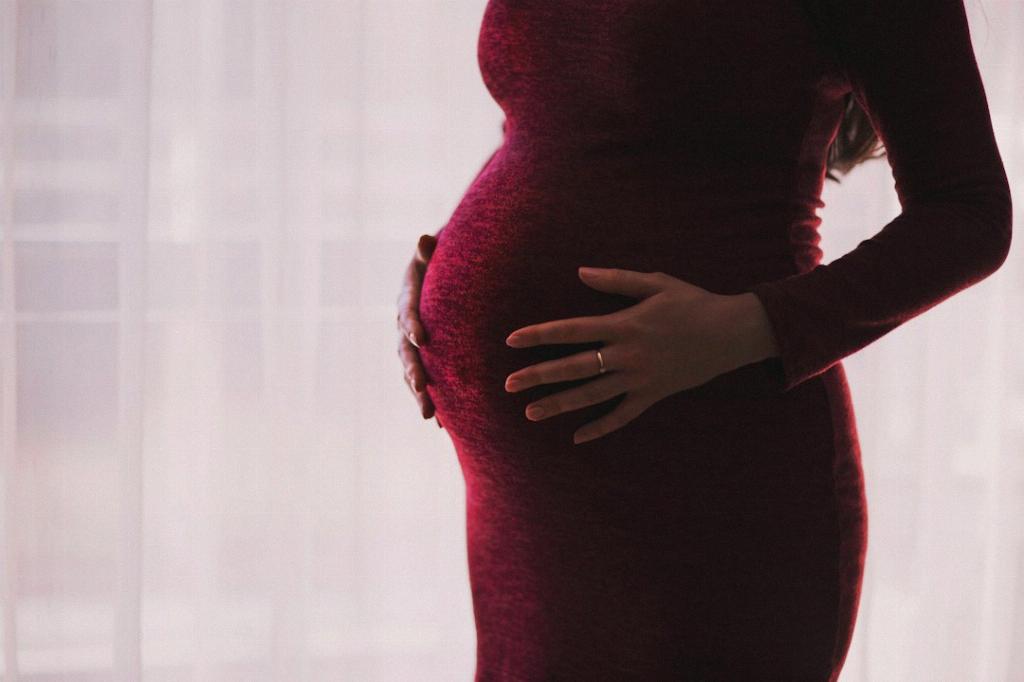Waiting for that life-changing moment when you find out if you’re expecting can be filled with anticipation. Understanding when a pregnancy test will show positive can help ease some of that uncertainty.
When to Take a Pregnancy Test
For most pregnancy tests, it is recommended to wait until the first day of a missed period to achieve the most accurate results. The hCG hormone, which is detected by pregnancy tests, typically doubles every 48 to 72 hours in early pregnancy.
Early Testing
While waiting for a missed period is ideal for accurate results, some very sensitive pregnancy tests have the capability to detect hCG levels in your urine even before you miss a period. These early detection tests can sometimes provide positive results as early as 6-8 days after ovulation.
Confirming Pregnancy
If you suspect you may be pregnant but receive a negative result on an early pregnancy test, you may want to wait a few more days and retest. Sometimes it takes a bit longer for hCG levels to rise to the detectable range.
Timing After Unprotected Sex
If you are unsure when your last period was or had unprotected sex recently, it is advisable to wait at least 21 days after the risky encounter before taking a pregnancy test. This waiting period allows for hCG levels to accumulate sufficiently for detection.
Considerations for Accuracy
Factors such as the sensitivity of the test, the time of day you take the test, and following the instructions carefully can impact the accuracy of your results. It’s essential to check the expiration date of the test and store it correctly to ensure reliable results.
Medications and Medical Conditions
Certain medications and medical conditions can affect the results of a pregnancy test. If you are taking fertility drugs or have conditions like PCOS, it’s advisable to consult with your healthcare provider to understand how these factors might impact the test outcome.
Understanding False Results
While pregnancy tests are highly accurate when used correctly, false positives and negatives can still occur. Factors such as an expired test, an incomplete test, or certain medical conditions can contribute to misleading results.
Seeking Support
Whether you receive a positive or negative result on your pregnancy test, it is vital to seek support and guidance from your healthcare provider. They can offer further testing, answer any questions you may have, and provide the necessary care based on your individual situation.
Emotional Impact
Waiting for the results of a pregnancy test can evoke a range of emotions, from excitement to anxiety. It’s important to take care of your mental and emotional well-being during this time and reach out to loved ones or a support network if needed.
Preparing for Parenthood
Regardless of the outcome of your pregnancy test, taking steps to prepare for parenthood can help you feel more empowered and ready for the future. From researching prenatal care to creating a support system, there are various ways to navigate this transformative journey.
Conclusion
Knowing when a pregnancy test will show positive can help you manage your expectations and plan accordingly. Whether you choose to test early or wait for a missed period, the most important thing is to take care of yourself throughout this process and seek the support you need.

